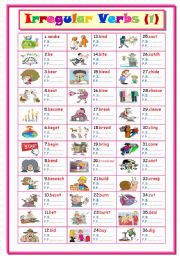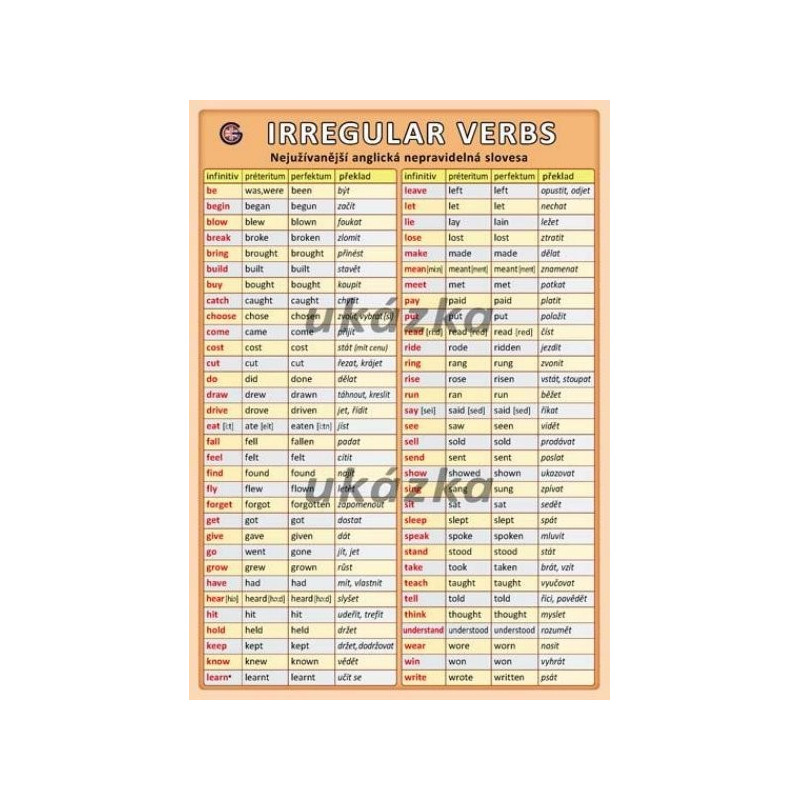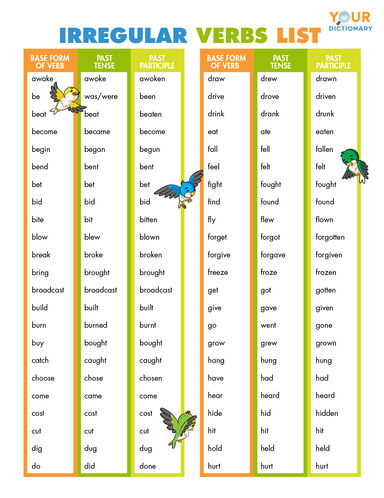


The PDF version contains the Giant Verb List, the Giant Irregular Verb List, a Helping Verbs List, and a Linking Verbs List. It does not store any personal data.This page contains just one section of the FREE 47-page Giant Verb List PDF found here. The cookie is set by the GDPR Cookie Consent plugin and is used to store whether or not user has consented to the use of cookies. The cookie is used to store the user consent for the cookies in the category "Performance". This cookie is set by GDPR Cookie Consent plugin. The cookie is used to store the user consent for the cookies in the category "Other. The cookies is used to store the user consent for the cookies in the category "Necessary". The cookie is set by GDPR cookie consent to record the user consent for the cookies in the category "Functional". The cookie is used to store the user consent for the cookies in the category "Analytics". These cookies ensure basic functionalities and security features of the website, anonymously. Necessary cookies are absolutely essential for the website to function properly. – learned / learnt List of the most common irregular verbs and irregular past participles Sometimes, more than one ending is possible: Put – put – put (no pronunciation change)

Read – read – read (the pronunciation changes from the present /reed/ to the past tense and past participle /red/Ĭut – cut – cut (no pronunciation change) – stand / understand (stood / understood)Ī few verbs don’t change at all. Some common verbs are also formed from others, which means the past participle is the same: – the ‘ing’, ‘ang’, ‘ung’ pattern (ring – rang – rung sing – sang – sung etc) – the ‘en’ ending (break – broke – broken write – wrote – written hide – hid – hidden etc) This makes it a little easier to remember them. Most irregular verbs are very common in English, which means you will see or hear them often. How to remember irregular verbs and irregular past participles Here is a handy reference list of the most common irregular past participles. Because many English verbs are irregular, it can be difficult to remember them. In order to form the Present Perfect and Past Perfect tenses you need to know the past participles.


 0 kommentar(er)
0 kommentar(er)
